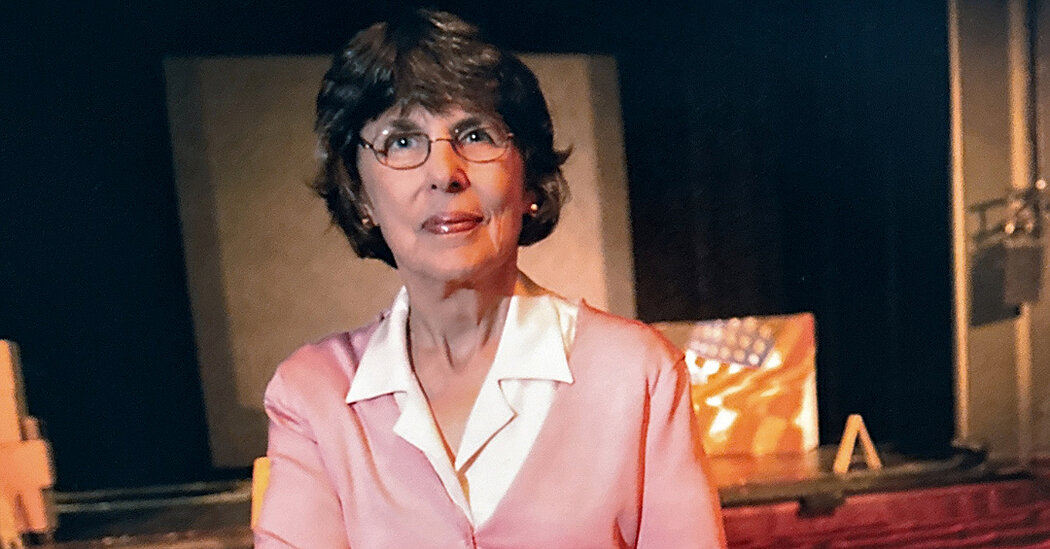Elinor Fuchs, Leading Scholar of Experimental Theater, Dies at 91

Elinor Fuchs, whose impassioned insights into contemporary theater — first as a critic prowling the avant-garde scene in New York, and later as a professor at Yale — made her one of the leading scholars of the modern American stage, died on May 28 at her home in the West Village of Manhattan. She was 91.
Her daughter Katherine Eban said the cause was complications of Lewy body dementia.
Professor Fuchs specialized in dramaturgy, or the construction of a play, including its dramatic structure, its characters’ motivations and technical issues about set design and lighting.
In conventional times, dramaturgy can seem to be an arcane, even slightly stuffy field. But in Professor Fuchs’s hands, it became a vital tool for examining the revolutionary new forms of theater emerging in the 1960s and ’70s, forms that complicated — or dismissed entirely — conventional notions about character, dramatic arc and authorial intention.
Unlike many other theater scholars, Professor Fuchs first came at these questions from a journalistic point of view. After attempting a career as an actor and writing a play, she turned to freelance theater criticism for what was then a bountiful crop of alternative weeklies around Manhattan, including The Village Voice and The SoHo Weekly News.
She found herself drawn to challenging works like “Leave It to Beaver Is Dead,” a 1979 play at the Public Theater that included a full-length rock concert as a third act. The New York Times panned it, and it soon closed.
But Professor Fuchs loved it, recognizing the play and other experimental fare as not just a new take on theater but also a whole new, postmodern cultural sensibility — even though at first she struggled to explain it.
